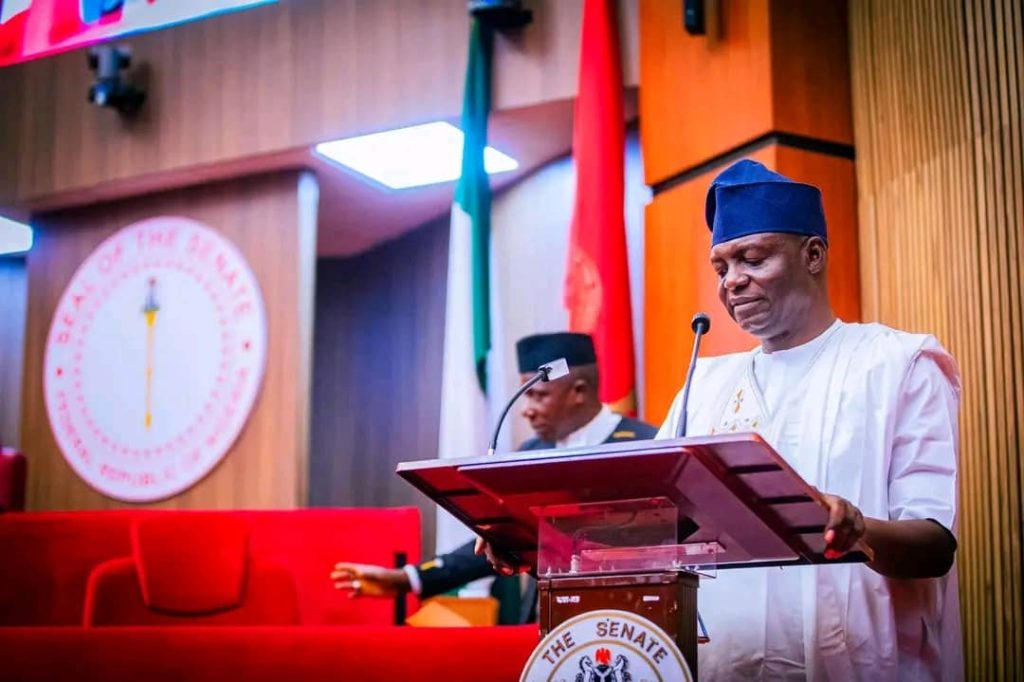The federal government is leveraging artificial intelligence (AI) and satellite technology to identify and support impoverished Nigerians living in urban slums, according to Nentawe Yilwatda, Minister of Humanitarian Affairs and Poverty Reduction.
Speaking on Arise TV’s Prime Time programme, Yilwatda said the use of AI has enabled a major expansion of the National Social Register, which now includes nearly 20 million Nigerians.
Yilwatda explained that the social register, initially designed to capture only the rural poor, has grown from 13 million to 19.7 million individuals. He stated that President Bola Tinubu directed the ministry to extend the register to cover the urban poor as well. To achieve this, the government used satellite imagery to identify urban slums and then relied on telecommunications data to pinpoint residents through their mobile numbers.
“We used satellite imagery to locate urban slums, then base stations and telecoms data to identify phone numbers in those locations,” the minister said. “AI helped us generate a list of urban poor individuals by verifying those numbers, their access to financial services, and other indicators.”
The enhanced register now enables the government to roll out more inclusive anti-poverty programmes, reaching both rural and urban communities. According to Yilwatda, about 15 million households, or 75 million people, are being targeted with various poverty alleviation initiatives. With Nigeria home to approximately 43 million households, this intervention covers a significant portion of the population.
In addressing hunger, the minister noted that about 42 percent of Nigerians are affected by food poverty. This translates to around 80 million individuals or 20 million households. Yilwatda said the government is offering conditional cash transfers to 15 million of these households to mitigate the crisis. Each household receives N75,000, a sum he acknowledged may seem small in urban settings but has tangible impact in rural areas.
Research conducted in partnership with the World Bank and civil society groups found that 18 percent of beneficiaries used the cash transfer to start small businesses, while 82 percent improved their food security and 52 percent paid their children’s school fees. “It is a meaningful supplement that helps cushion the impact of poverty,” he said.
Beyond short-term relief, the minister highlighted structural reforms aimed at long-term poverty reduction. These include N1.5 trillion in loans made available through the aggregate bank to support farmers and bolster food production. He also cited scholarship schemes designed to keep students in school despite economic hardships.
Yilwatda emphasised a strategic shift from emergency humanitarian assistance to sustainable poverty reduction. “Poverty alleviation reduces the pain; poverty reduction moves people out of poverty entirely,” he said. “Until now, the focus was mainly on humanitarian interventions , relief materials, food distribution, and cash transfers. But that’s not enough. We’re shifting towards actually reducing poverty.”
